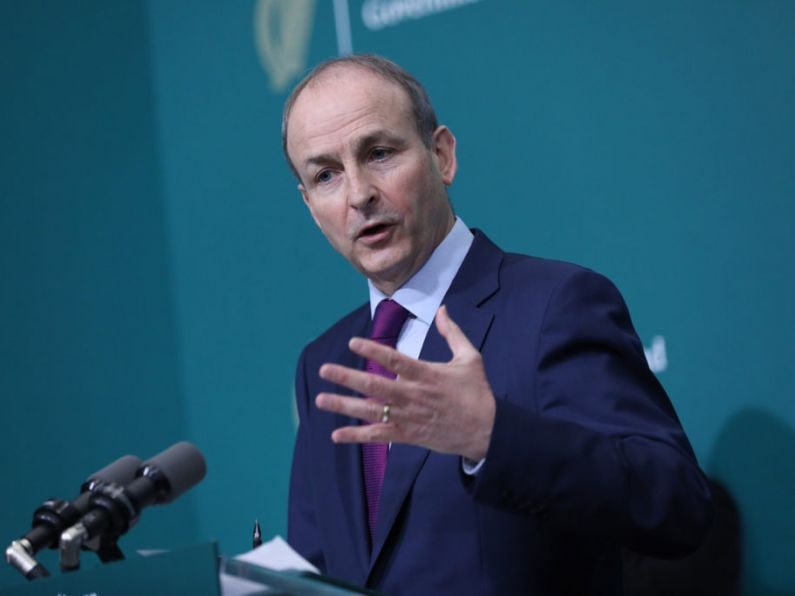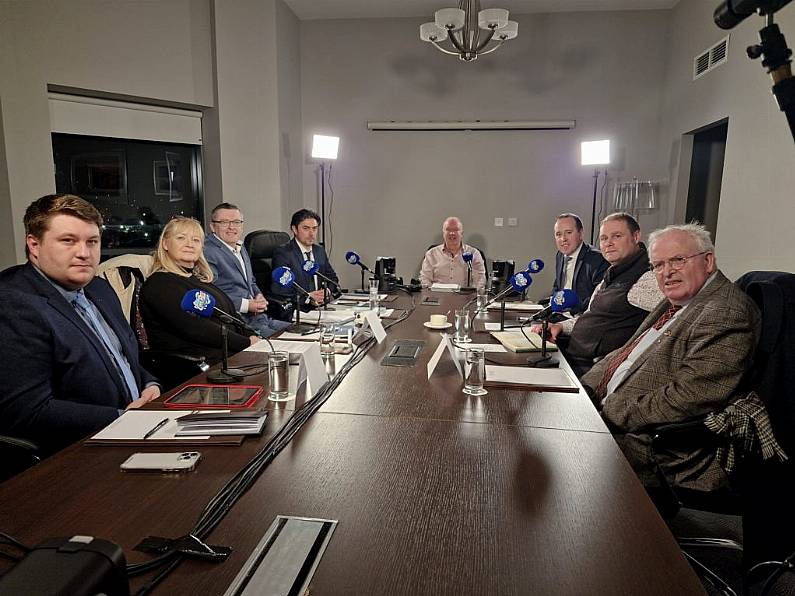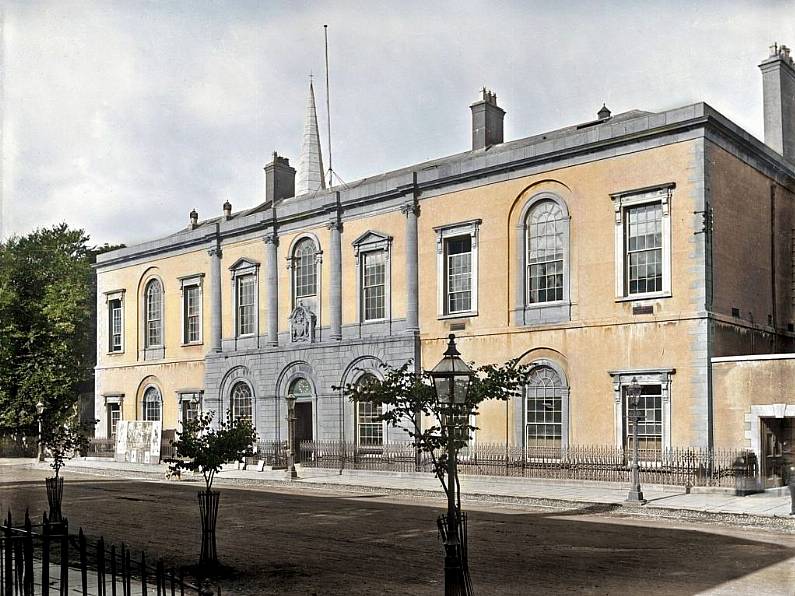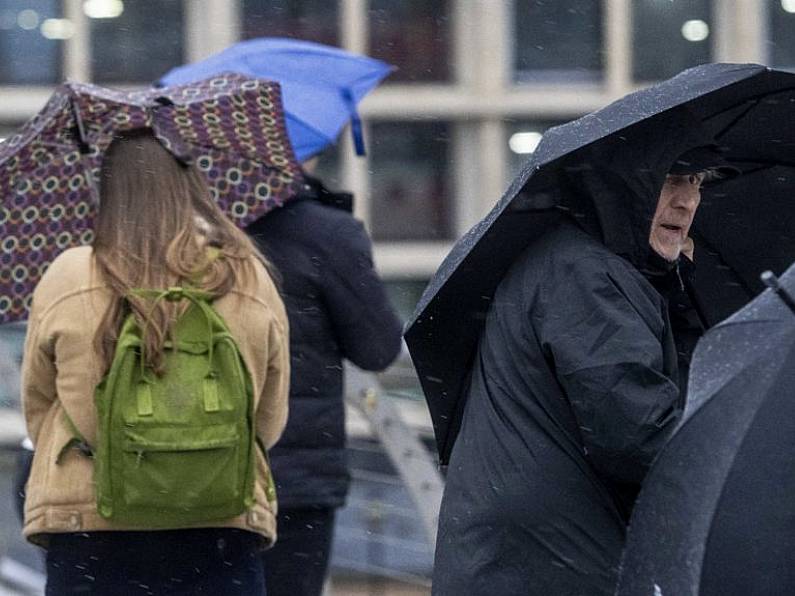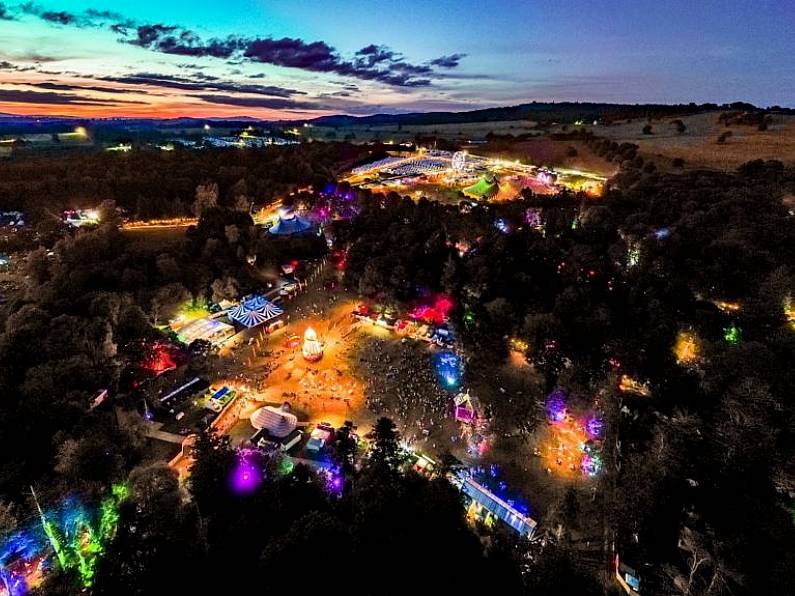The Government has unveiled its blueprint to transform rural areas across the country post-pandemic.
The five-year strategy is described as the most ambitious and transformational policy for rural development in decades, and has a major focus on attracting remote workers to rural communities.
According to the Government, it will see more people living and working in rural Ireland with good career prospects, regardless of where their employer is headquartered, and see regenerated and repopulated rural towns become vibrant hubs for commercial and social activity.
Taoiseach Micheál Martin said Ireland is heading into an era “of unprecedented change”.
“Rural Ireland will play a central role in our recovery from the impact of Covid-19,” he said.
“Over the course of the pandemic, we have discovered new ways of working and we have rediscovered our communities,” he added.
He said the new strategy was “forward-looking and ambitious, and addresses both the challenges facing rural areas and the opportunities which rural economies and communities can capitalise on.”
Delivery
The whole-of-Government policy is part of the National Development Plan and its objectives will be achieved through the delivery of 150 commitments across a range of Government Departments.
It will be underpinned by investment across Government in areas such as the rollout of high-speed broadband, remote working facilities, job creation, town centre regeneration, improvements in regional and local roads, new cycling and walking infrastructure, and expanded rural transport services.
In the area of remote work, key actions to be delivered include the establishment of a network of over 400 remote working hubs nationwide, and the piloting of co-working and hot-desking hubs for civil servants in regional towns.
There will be a move to 20 per cent remote working in the public sector in 2021, with further annual increase over the next five years.
The Government will fund the repurposing of vacant buildings in town centres into remote working hubs, and provide funding to local authorities to run targeted campaigns to attract remote workers to their area.
It will also review the tax arrangements for remote working for both employers and employees as part of Budget 2022, and introduce legislation this year to provide employees with the right to request remote work.
Less commuting
Tánaiste Leo Varadkar said that the plan will mean “less commuting and more vibrant communities.”
“The Covid-19 pandemic has already shown us what’s possible in terms of remote working and flexible working,” he said.
“Our Rural Future is one of the ways that the Government is making that a permanent option.
“Our Rural Future will help the tourism and hospitality sectors to recover after the pandemic, create jobs in the green economy and the agri-food sector, and make it easier to set up and grow a business in rural Ireland.
“It means more people will be able to live in their communities, or move to new ones, with the option of good quality employment. It will mean less commuting and more vibrant communities as people have more time to spend with their families, their neighbours and local clubs and organisations.”
Minister for Rural and Community Development Heather Humphreys said: “As we recover from the impact of the Covid-19 pandemic, we have a unique opportunity to reimagine rural Ireland and harness the talent, skills and creativity running through our rural communities.
“For decades we have seen global trends where young people leave their local communities to live and work in larger cities. As we emerge from Covid-19, we will never have a better opportunity to reverse that long-standing trend.
“It will allow people to work from their own local communities, revitalise our town centres, reduce commuting times, lower transport emissions and, most importantly, improve the quality of life of our people.”



